Dutch prime minister apologizes for slave trade, but critics say it is not enough

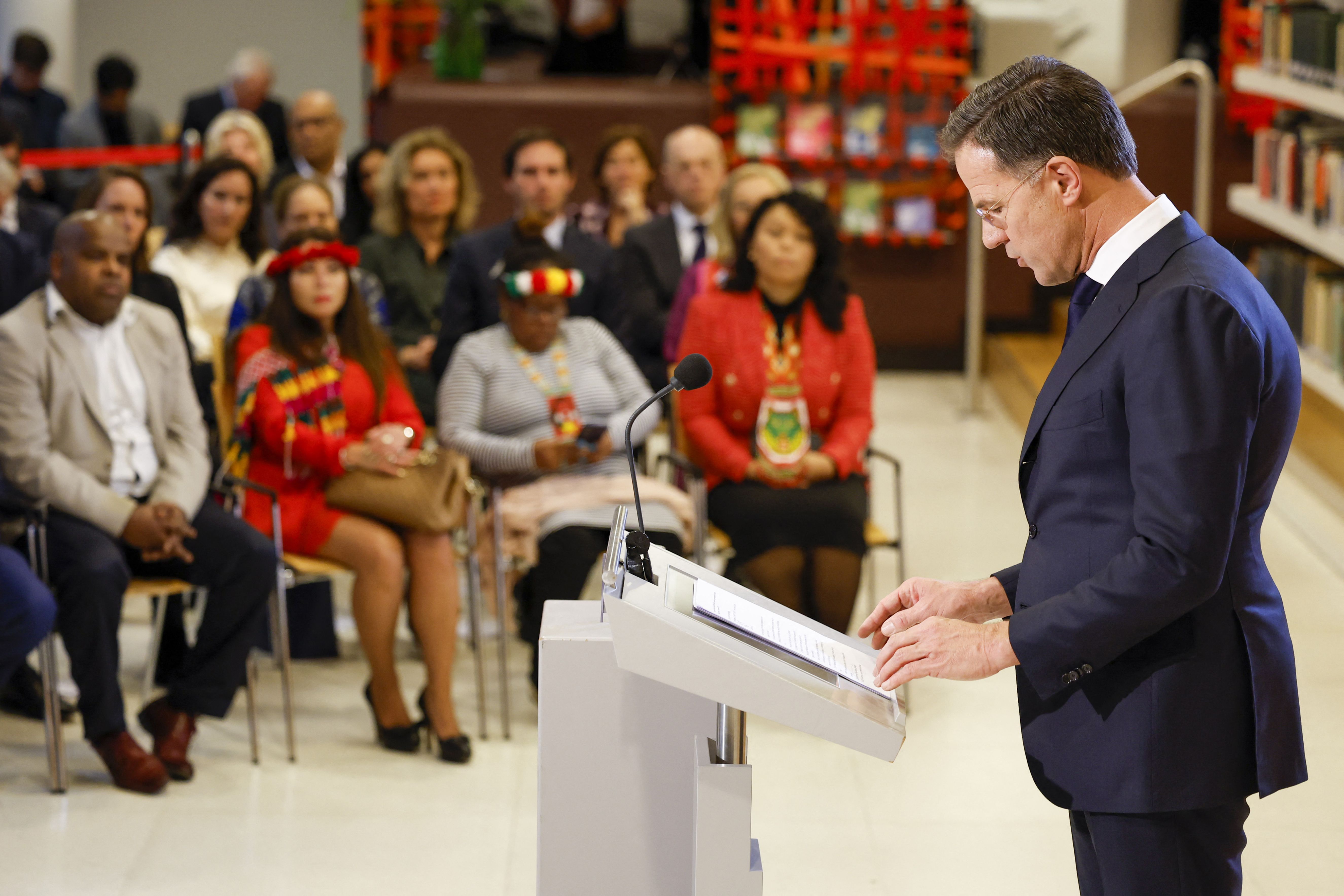
A free daily email with the biggest news stories of the day – and the best features from TheWeek.com
You are now subscribed
Your newsletter sign-up was successful
Dutch Prime Minister Mark Rutte apologized on Monday for his country's role in the transatlantic slave trade, making the Netherlands one of few European countries to formally acknowledge its slaveholding past.
"Today, I apologize," Rutte said during a speech in The Hauge. "For centuries under Dutch state authority, human dignity was violated in the most horrific way possible. Successive Dutch governments after 1863 failed to adequately see and acknowledge that our slavery past continued to have negative effects and still does. For that, I offer the apologies of the Dutch government."
Rutte added that slavery should be condemned as a "crime against humanity."
The Week
Escape your echo chamber. Get the facts behind the news, plus analysis from multiple perspectives.

Sign up for The Week's Free Newsletters
From our morning news briefing to a weekly Good News Newsletter, get the best of The Week delivered directly to your inbox.
From our morning news briefing to a weekly Good News Newsletter, get the best of The Week delivered directly to your inbox.
"It is true that no one alive now is personally to blame for slavery. But it is also true that the Dutch state, in all its manifestations through history, bears responsibility for the terrible suffering inflicted on enslaved people and their descendants," Rutte said.
At its height in the 1770s, the slave trade "accounted for more than 10 percent of the gross domestic product of Holland, the richest of the seven Dutch provinces," The Guardian reports. Slavery was officially abolished in the Netherlands in 1863 but remained in the Dutch colony of Suriname for another decade.
Despite Rutte's words, some felt that his speech did not go far enough. Mitchell Esajas, director of a Dutch organization called The Black Archives, said the speech's lack of consultation with the Black community was "almost insulting."
"Reparation wasn't even mentioned," Esajas told The Associated Press. "So, beautiful words, but it's not clear what the next concrete steps will be."
A free daily email with the biggest news stories of the day – and the best features from TheWeek.com
Justin Klawans has worked as a staff writer at The Week since 2022. He began his career covering local news before joining Newsweek as a breaking news reporter, where he wrote about politics, national and global affairs, business, crime, sports, film, television and other news. Justin has also freelanced for outlets including Collider and United Press International.
-
 Why is the Trump administration talking about ‘Western civilization’?
Why is the Trump administration talking about ‘Western civilization’?Talking Points Rubio says Europe, US bonded by religion and ancestry
-
 Quentin Deranque: a student’s death energizes the French far right
Quentin Deranque: a student’s death energizes the French far rightIN THE SPOTLIGHT Reactions to the violent killing of an ultraconservative activist offer a glimpse at the culture wars roiling France ahead of next year’s elections
-
 Secured vs. unsecured loans: how do they differ and which is better?
Secured vs. unsecured loans: how do they differ and which is better?the explainer They are distinguished by the level of risk and the inclusion of collateral
-
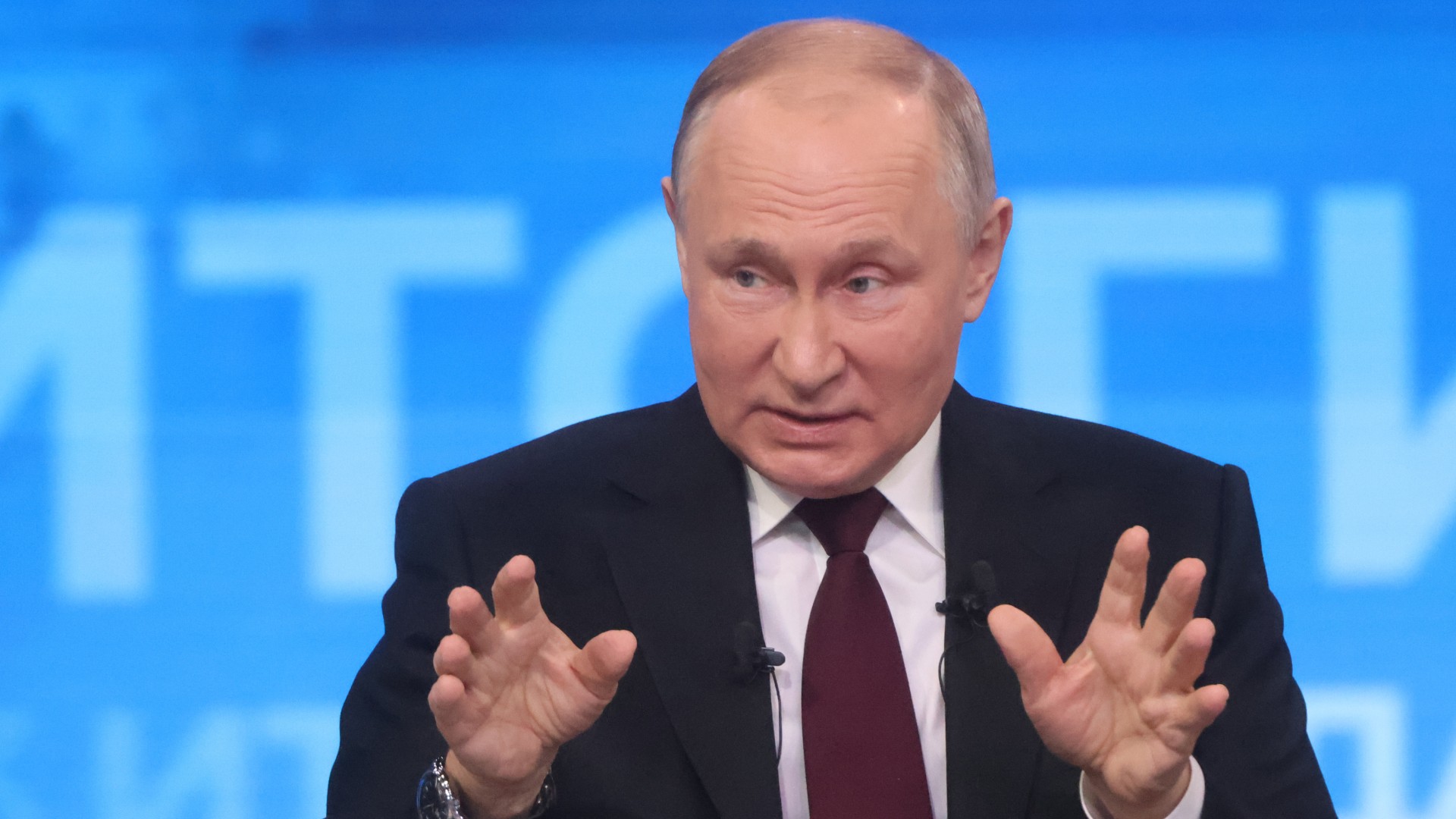 10 things you need to know today: December 17, 2023
10 things you need to know today: December 17, 2023Daily Briefing Putin rejects Biden's claim that Russia will attack NATO, Israel ramps up bombardments of Gaza overnight, and more
-
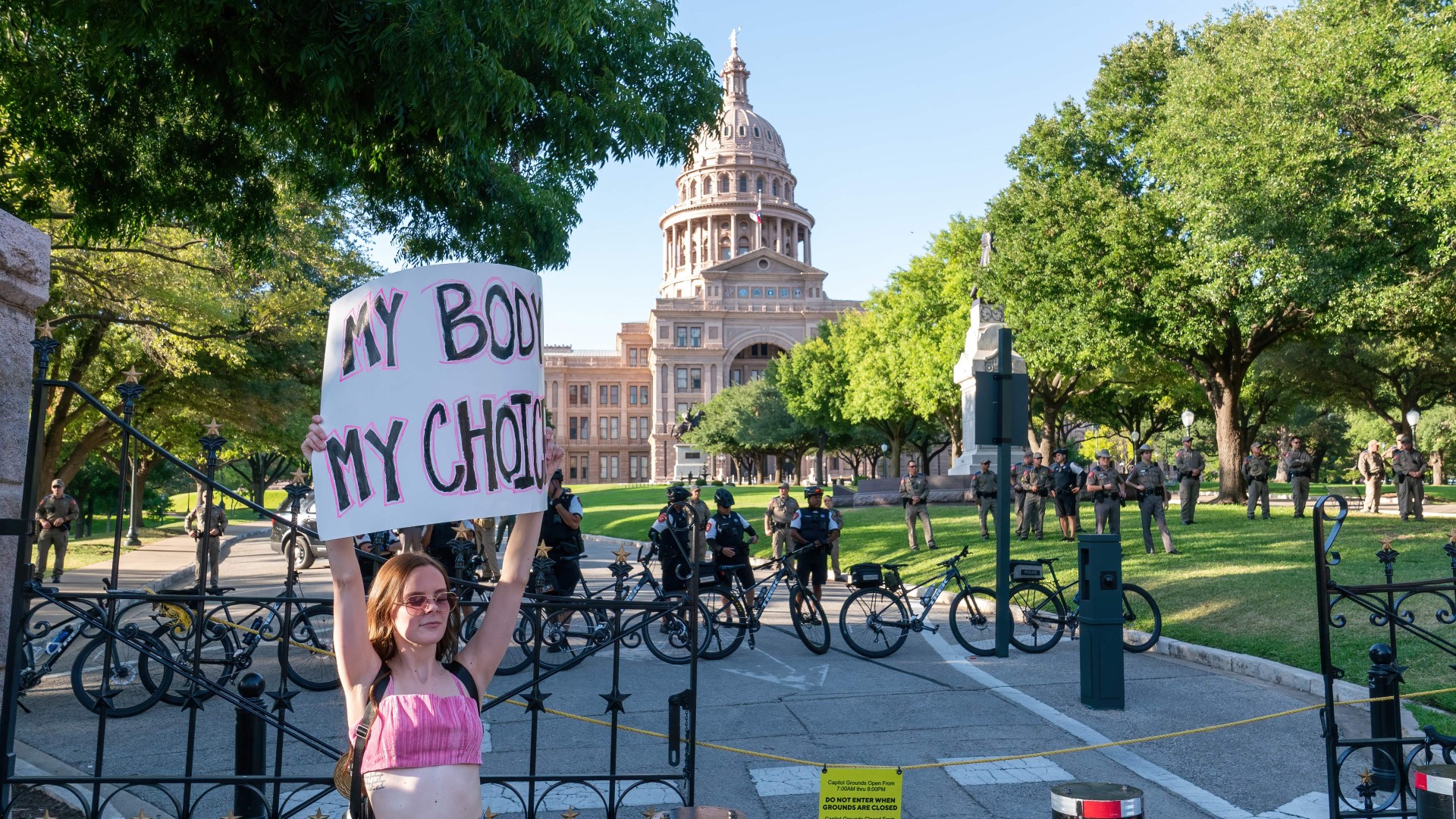 10 things you need to know today: December 9, 2023
10 things you need to know today: December 9, 2023Daily Briefing Texas Supreme Court temporarily blocks woman from receiving abortion, European Union reaches world-first deal on AI regulations, and more
-
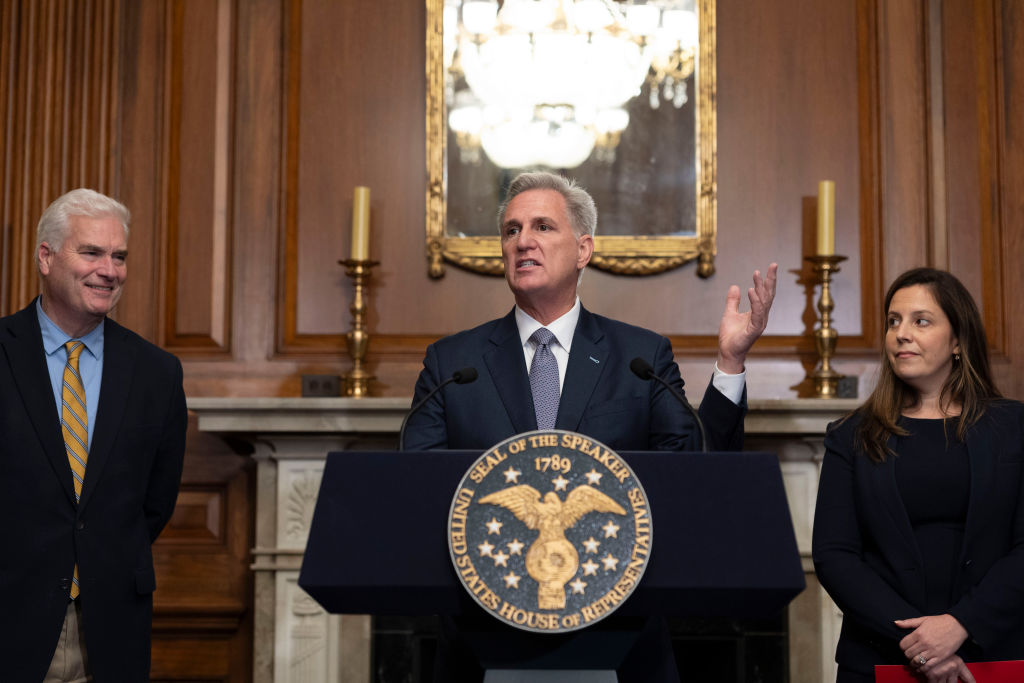 10 things you need to know today: October 1, 2023
10 things you need to know today: October 1, 2023Daily Briefing Government shutdown avoided as Congress passes temporary funding bill, Supreme Court to begin new term as major cases await, and more
-
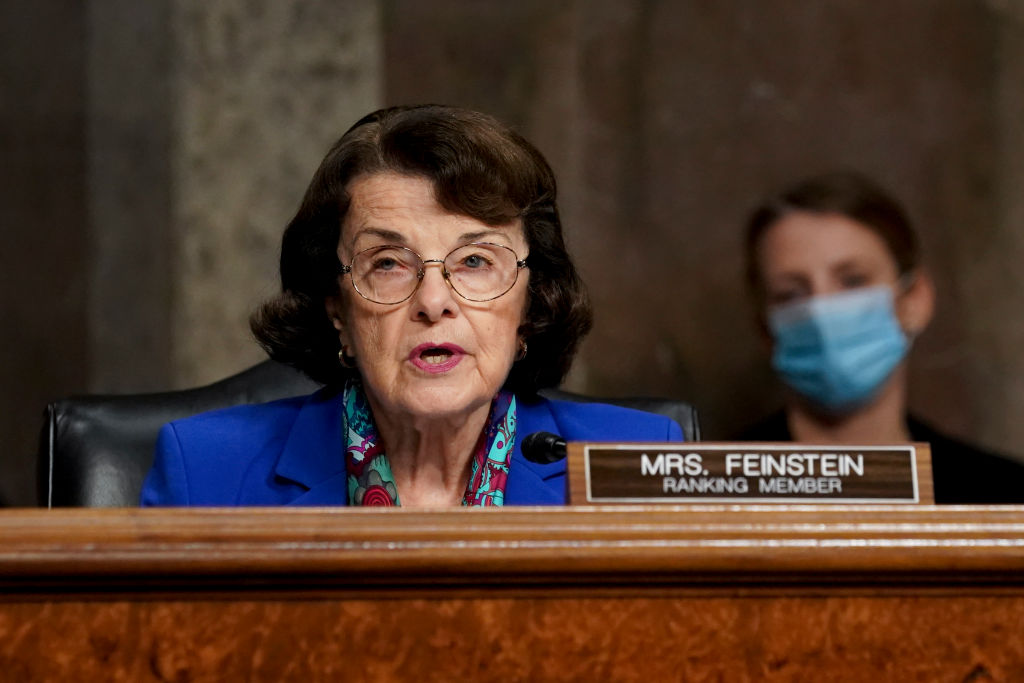 10 things you need to know today: September 30, 2023
10 things you need to know today: September 30, 2023Daily Briefing Government shutdown looms after failed House vote, California Sen. Dianne Feinstein dies at 90, and more
-
 10 things you need to know today: September 24, 2023
10 things you need to know today: September 24, 2023Daily Briefing Nagorno-Karabakh's Armenian population to leave region amid fears of persecution, Atlantic coast remains under flood warnings from Ophelia, and more
-
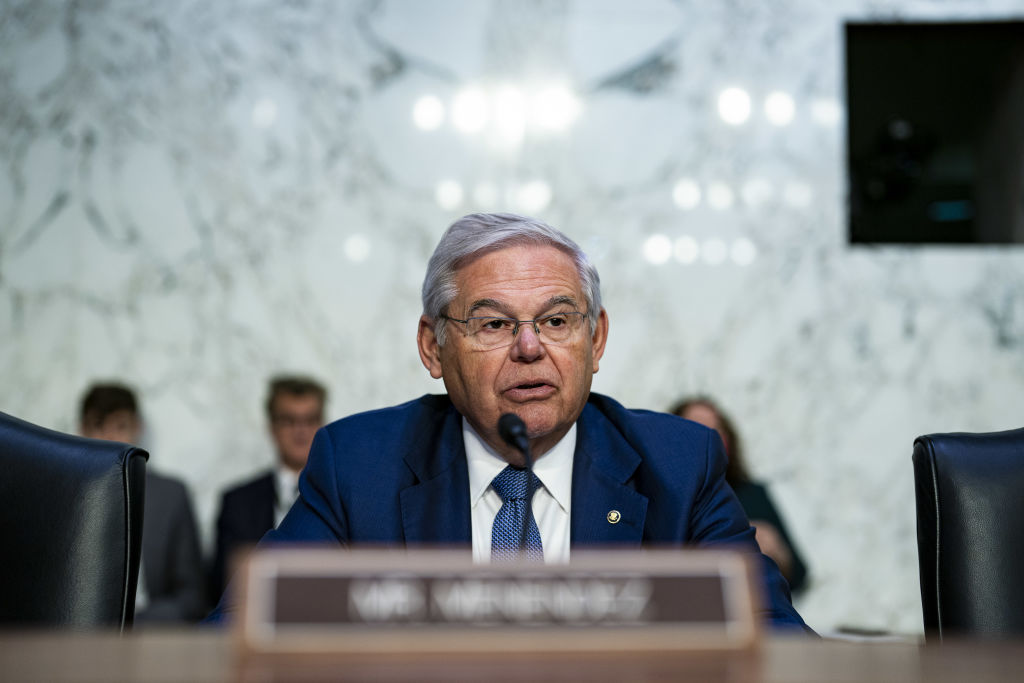 10 things you need to know today: September 23, 2023
10 things you need to know today: September 23, 2023Daily Briefing Sen. Bob Menendez rejects calls to resign following indictment, Ukraine launches missile attack on occupied Crimean city, and more
-
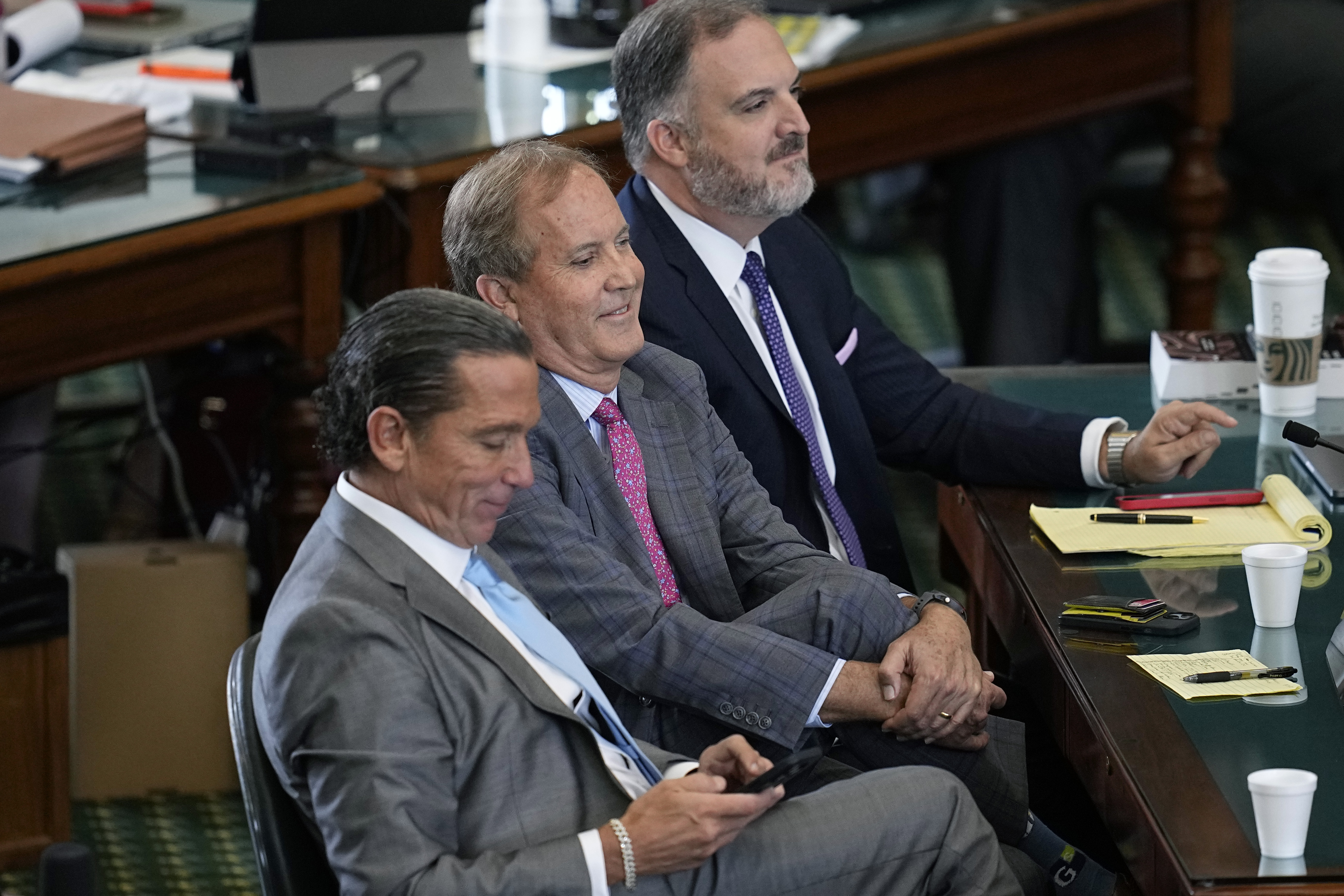 10 things you need to know today: September 17, 2023
10 things you need to know today: September 17, 2023Daily Briefing Texas AG Ken Paxton acquitted in impeachment trial, Kim Jong Un returning to North Korea after rare foreign trip to Russia, and more
-
 10 things you need to know today: September 10, 2023
10 things you need to know today: September 10, 2023Daily Briefing Aftershock strikes Morocco as death toll rises, approval of new Covid shots likely coming within days, and more
